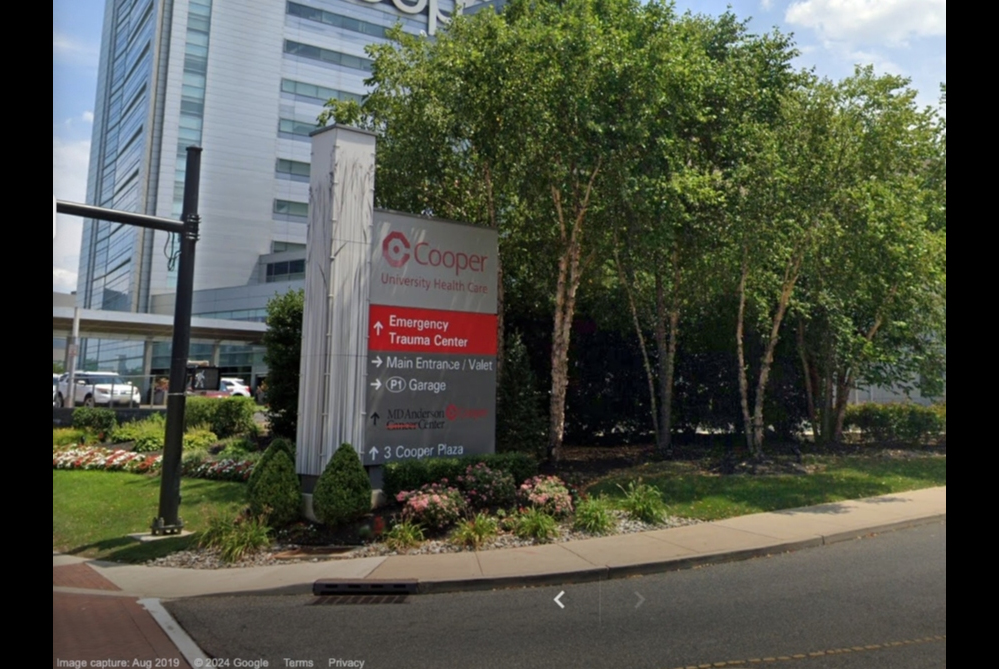Nurses at Cooper University Health Care are prepared to go on strike if their demands for improved nurse-to-patient ratios are not met in the new contract negotiations. The union representing these nurses, along with two others from North Jersey hospitals — Englewood and HMH Palisades Medical Center — have overwhelmingly voted to authorize strikes if agreements aren’t reached in the next few days. Their current contracts expire this Friday, and without a deal, the unions will issue a 10-day strike notice.

The three unions are chapters of the Health Professionals and Allied Employees (HPAE), which advocates for healthcare workers across New Jersey. HPAE has long been pushing for “safe” nurse-to-patient ratios to be included in their contracts and state law. According to HPAE leadership, proper staffing levels are crucial for reducing nurse burnout, retaining staff, and improving patient safety.
“The most important thing to patients is ratios,” said HPAE President Debbie White during a news conference. “They want to have an available staff person with them. These are very wealthy hospitals. They can afford to do this.”
Cooper University Hospital, the largest hospital in South Jersey, had 30,032 admitted patients and performed 24,041 surgeries in 2021. Cooper’s nursing union is the largest of the three HPAE chapters facing potential strikes, with 1,500 members. Englewood’s chapter has about 800 members, and HMH Palisades has around 750.
All three chapters voted to authorize strikes if no deal is reached by the contract deadline, with about 90 percent of each chapter voting in favor.
“Our nurses deserve safe staffing. Our patients deserve safe staffing,” said Doris Bell, president of HPAE Local 5118, which represents Cooper’s nurses in Camden. “Safe staffing saves lives.”
Cooper University Health Care responded with a statement from spokesperson Wendy A. Marano: “Cooper has had staffing ratios in its nursing contract since 2004 — for two decades — demonstrating its longstanding commitment to patient safety and support of its nurses. Cooper has been negotiating in good faith with HPAE and has proposed a significant wage increase and enhanced staffing ratios — some of the strongest in the state, once again, demonstrating Cooper’s commitment to its nurses and patient safety.”
For years, HPAE has warned of a staffing crisis in nursing, which has been exacerbated by the COVID-19 pandemic. The union has been advocating for state legislation to require minimum-staffing ratios at hospitals and other healthcare facilities. Without legal mandates, nurse unions have fought for enforceable staffing ratios in their contracts. Last year, nurses at Robert Wood Johnson University Hospital in New Brunswick went on strike for 120 days before reaching a tentative deal.
Nurses must provide 10 days’ notice before a strike to allow hospitals to arrange for replacement staff. Bills to establish minimum-staffing requirements have stalled in the State Senate and Assembly, but White is optimistic given the rising number of sponsors, with 13 assembly members and seven state senators supporting the bills. Neither bill has yet advanced to a full vote.
California and Massachusetts have laws enforcing staffing ratios at hospitals. HPAE cites studies showing that California’s law has reduced mortality and improved nurse retention.
Hackensack Meridian Health, which operates Palisades Medical Center, stated that they have been negotiating in good faith with the union. “PMC is prepared to execute a comprehensive strike contingency plan to ensure minimal disruption for those getting care or visiting our hospital during HPAE’s strike,” said spokesperson Ben Goldstein. “Our plan includes hiring licensed, experienced temporary replacement team members who will care for patients during any strike.”
As the deadline approaches, the community watches closely, hoping for a resolution that prioritizes the well-being of both healthcare workers and patients.



